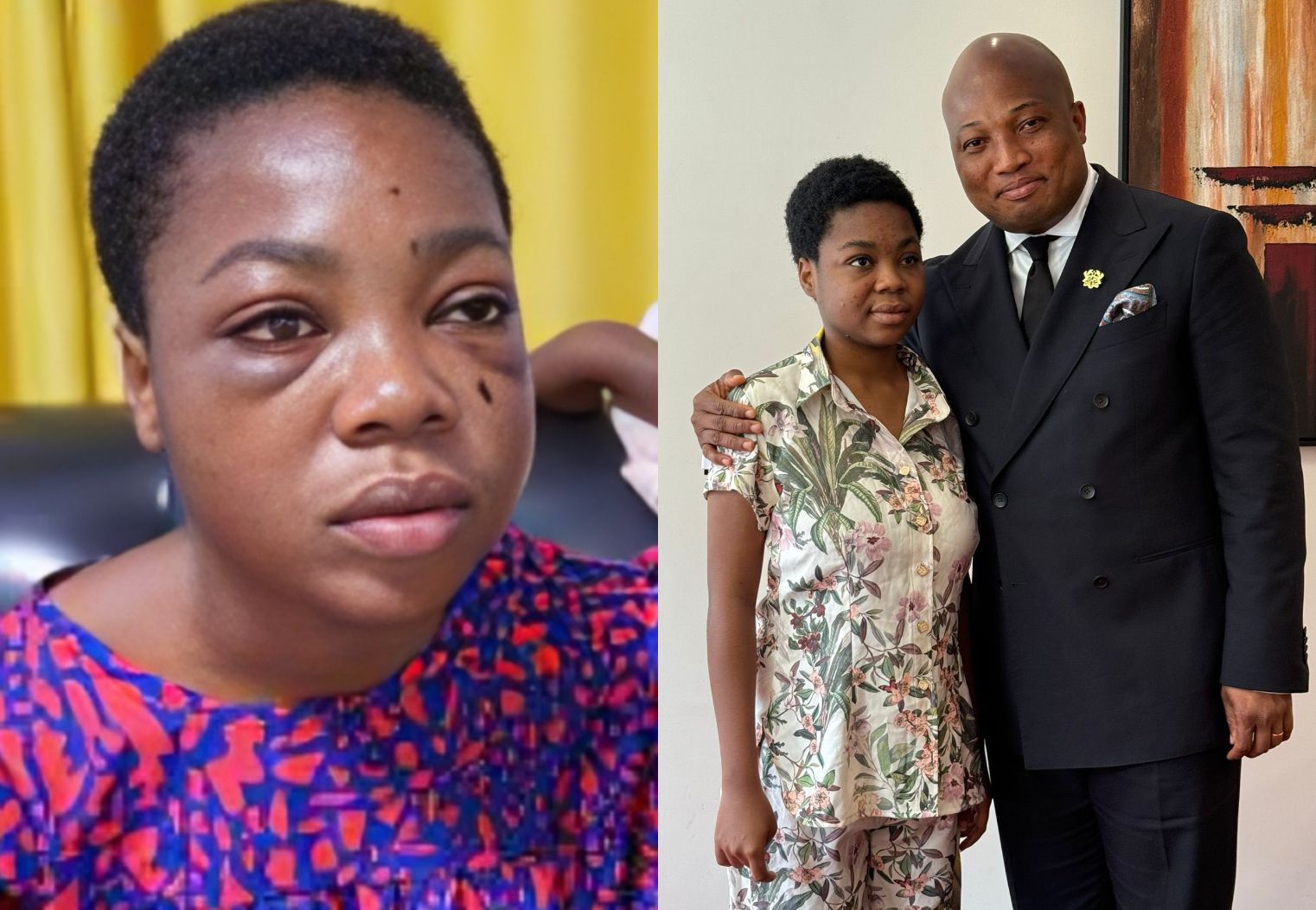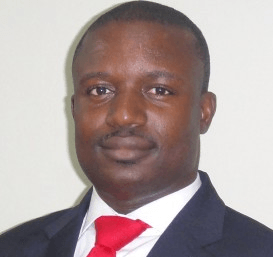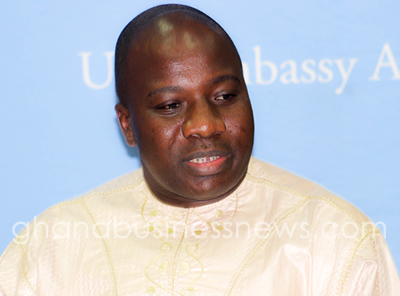

 A Ghana Statistical Service (GSS) governance report has found that bribery is more prevalent among males than females when interacting with public officials.
A Ghana Statistical Service (GSS) governance report has found that bribery is more prevalent among males than females when interacting with public officials.
The report indicates that urban residents experience higher incidences of bribery compared to those in rural areas.
Mr Omar Seidu, Head of Social Statistics, GSS, presented key findings from the “Governance Series Wave 1 Report”, revealing that 55.7 per cent of the population had contact with public officials between January and December 2024.
Of those, 18.4 per cent admitted to giving gifts, mainly money, to facilitate services.
The report identified ten public institutions prone to bribery, including Police Motor Transport and Traffic Division – 61 per cent; Police General Duties – 46.7 per cent; Police Criminal Investigation Department – 37.9 per cent; and Traffic Management Authority of City Guard – 34.4 per cent.
Among persons with disabilities, 21.1 per cent reported giving gifts, with higher rates among those with physical (40.1 per cent) and sight (32.5 per cent) difficulties.
Regionally, Greater Accra (22.0 per cent) and Ashanti (18.1 per cent) recorded the highest instances, while Savannah (1.0 per cent) and North East (1.1 per cent) had the lowest.
The report also highlighted governance challenges, noting that in 2024, over 70 per cent of Ghanaians felt the political system offered little or no opportunity for ordinary people to engage in decision-making.
Dr Alhassan Iddrisu, Government Statistician, stressed the importance of data in shaping governance.
“Governance should be shaped by the voices of citizens, and policy reform must be driven by robust, inclusive, and representative evidence,” he said.
He reaffirmed GSS’s commitment to providing sustained and credible data for national development.
Dr Nii Moi Thompson, Chairman, National Development Planning Commission, called the report timely, noting that corruption remained the biggest threat to growth.
He added that addressing this issue would pave the way for sustainable development.
Dr Gloria Sarku Kumawu, Deputy Clerk of Parliament, said the report provides critical feedback to address governance lapses.
Dr Evans Aggrey-Darkoh, Head of Service, Office of Head of Civil Service, emphasised that trust in governance is enhanced when public perception is positive.
Mr Samuel Harrison-Cudjoe, Programmes Officer, expressed concern about partisan politics, saying many constituents avoid community engagements due to feeling excluded from decision-making.
The report combines data from over 20 public bodies and findings from a nationwide survey conducted January 2–20, 2025, which reached 7,248 respondents from 15,400 households, based on the 2021 Population and Housing Census.
Covering January–December 2024, the report monitors governance experiences, focusing on inclusiveness, responsiveness, and corruption in public institutions, and aligns with Sustainable Development Goal 16.
Source: GNA
The post GSS study finds higher bribery rates among men in Ghana appeared first on Ghana Business News.
Read Full Story

















Facebook
Twitter
Pinterest
Instagram
Google+
YouTube
LinkedIn
RSS